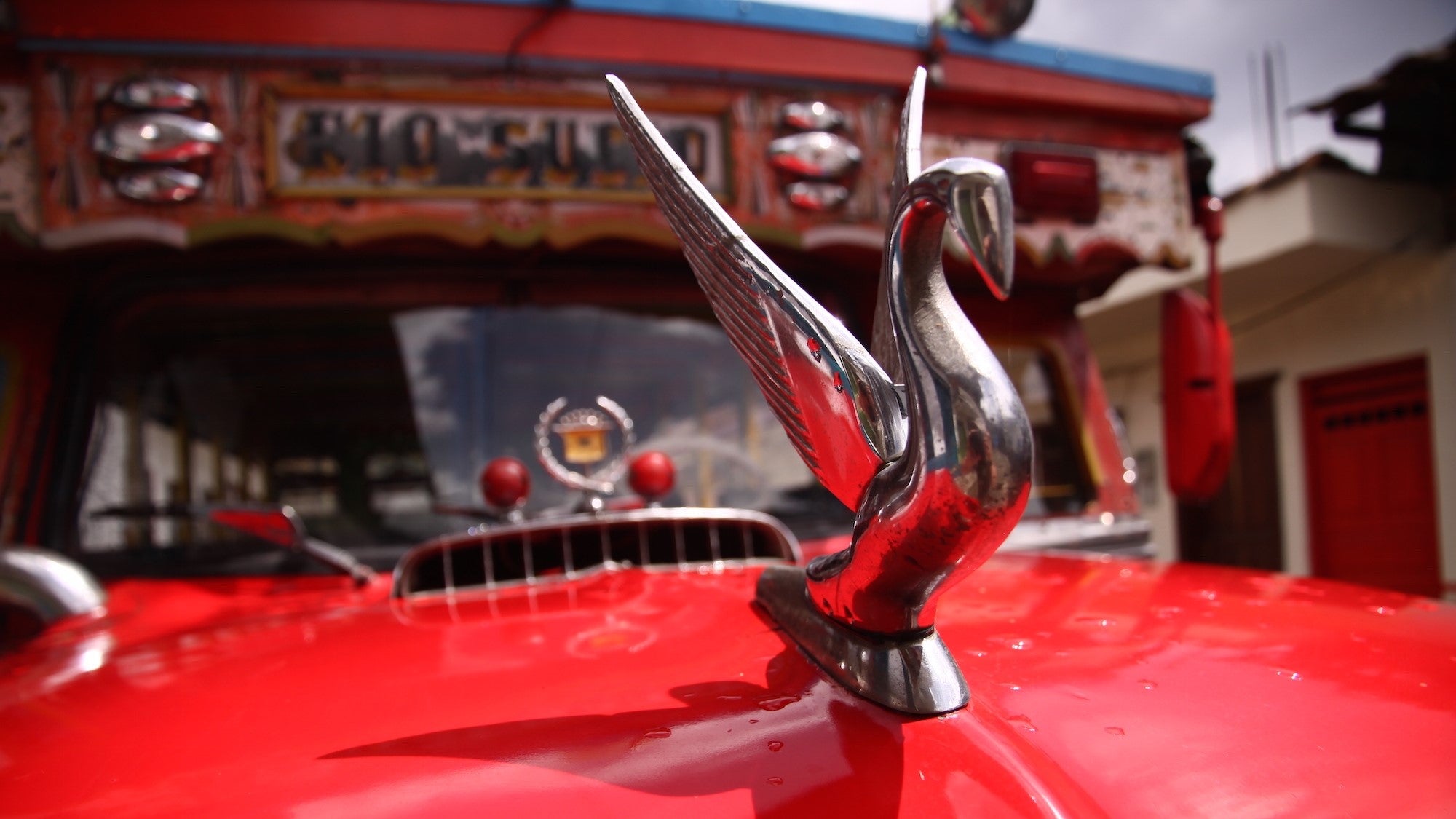
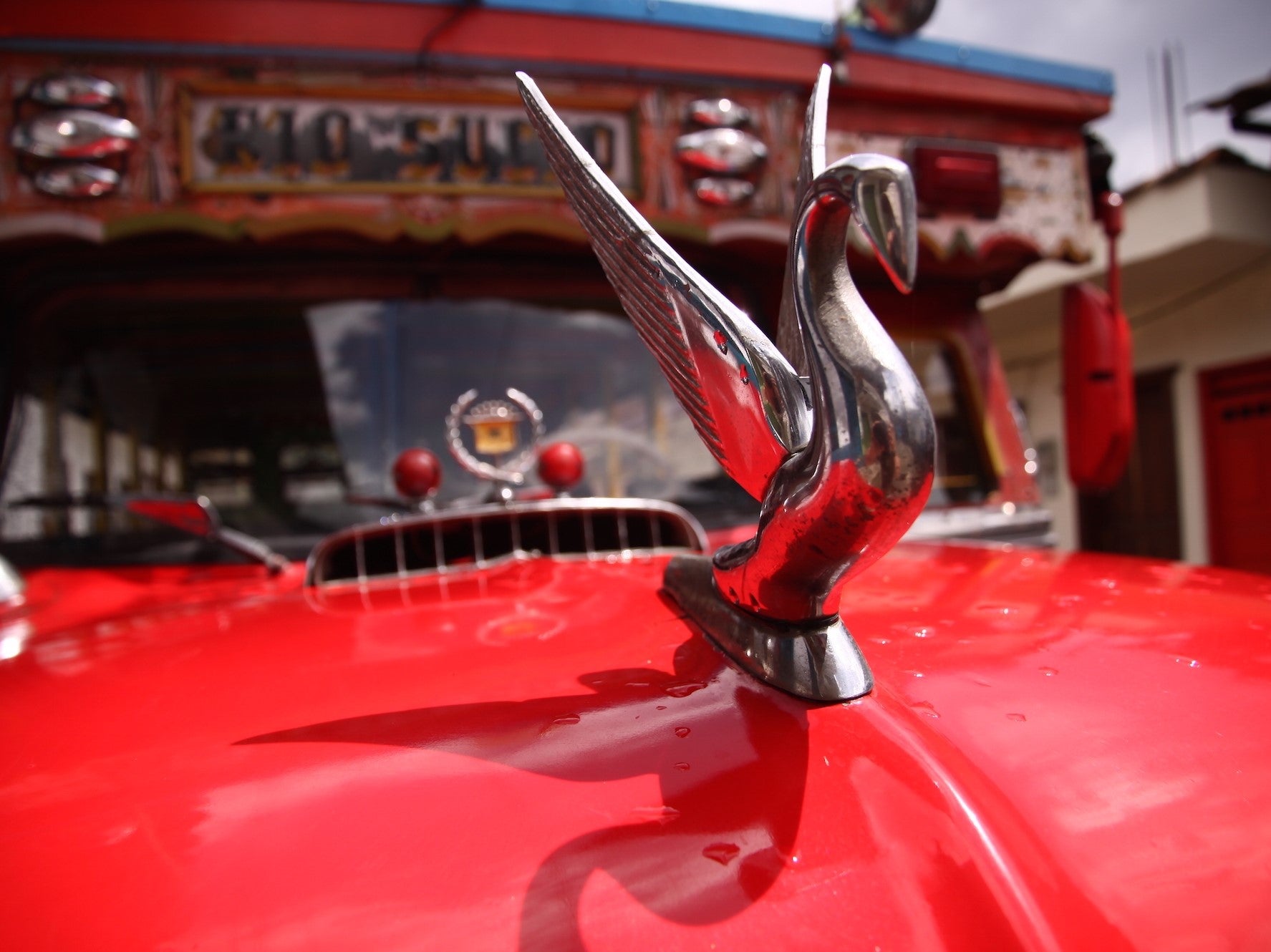
The Glen Lyon Coffee approach to
Green Coffee Sourcing
We are committed to nurturing direct, long-term relationships with small farms and co-operatives paying fair prices, championing producers and providing a route to the speciality market for quality coffee.
We’re proud of the fact that over 65% of the green coffee we purchased in 2022 was via direct trade and that 49% of all the coffee we roasted was from women owned farms and producers.
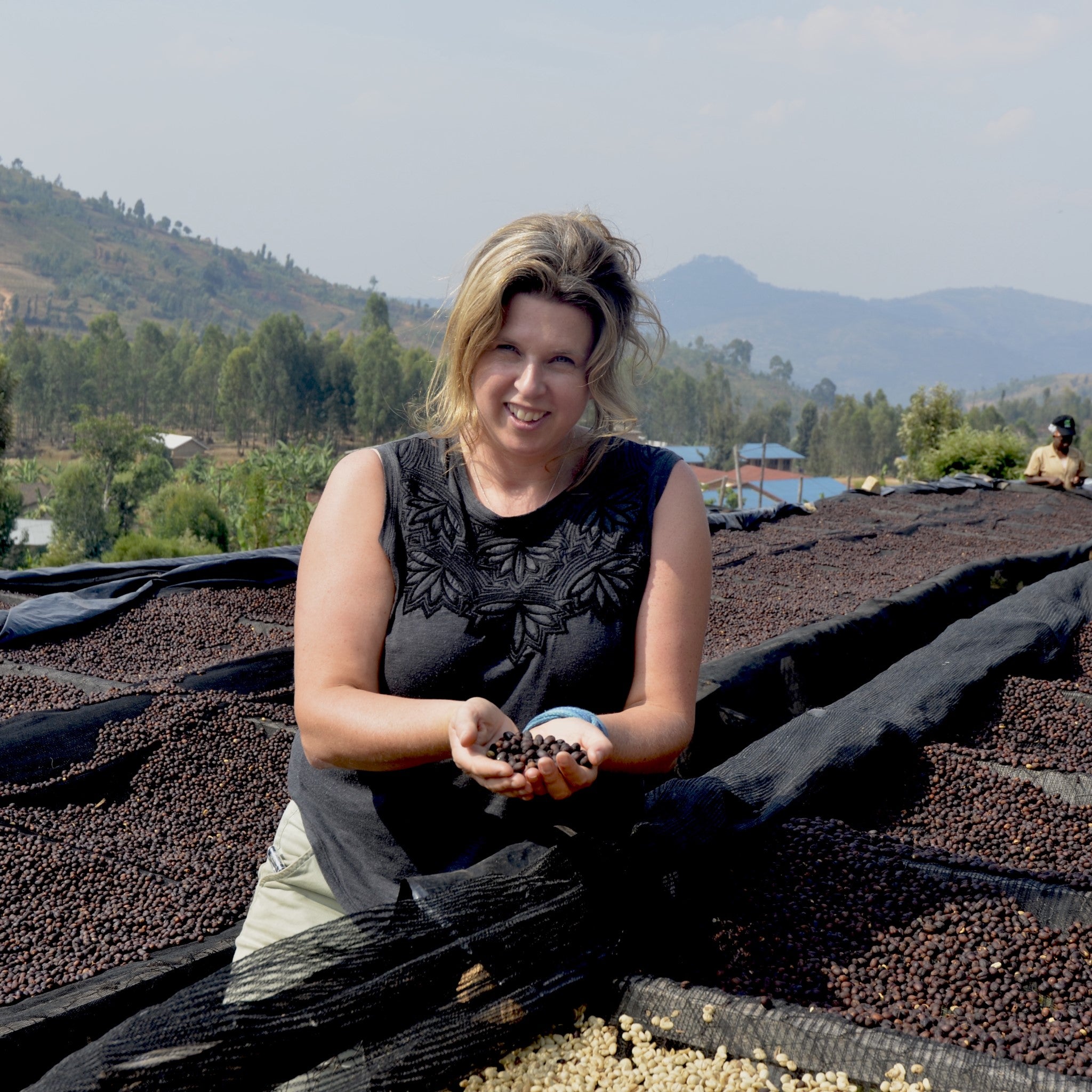
OUR SOURCING APPROACH
We source from farmers and co-operatives in more than 12 countries around the world. We buy seasonal, 100% traceable speciality coffees that score a minimum of 80 out of 100 on an international scale for their flavour. These speciality arabica beans are typically shade grown at between 1000-2000m above sea level and hand-picked when ripe.
This higher scoring, speciality-grade coffee commands higher prices on the international market for farmers and cushions producers against the price volatility of the commodity markets driven through the New York stock exchange (which can often see the C price for coffee drop below the cost of production!).
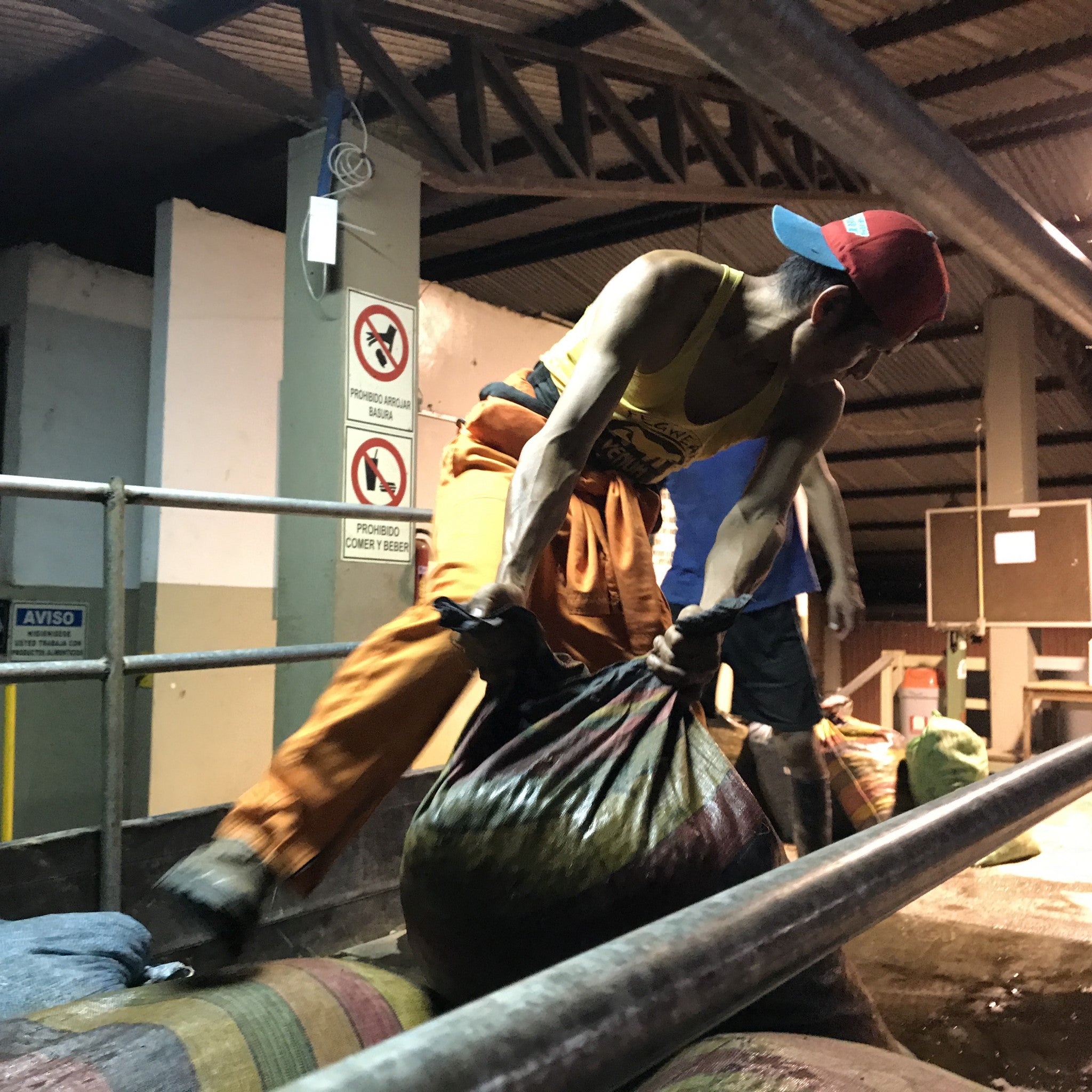
THE PROBLEM OF THE C PRICE
Coffee is a global commodity, and much of it is traded on the Intercontinental Exchange’s New York futures exchange, which sets the benchmark price for coffee—the C market.
While higher quality speciality coffee generates a premium on top of this, the C price remains the baseline by which all coffee is judged.
Certain countries grow so much coffee that events like drought or a hard frost that impact production can influence the global supply and price of coffee. This is the case in Brazil, which is by far the world’s largest coffee producer—a particularly bad frost in 2021, for example, caused world coffee prices to skyrocket.
Working direct with farmers and trusted import partners allows us to source the highest-quality coffee possible, and we pay a significant premium above the C price for every coffee we buy.
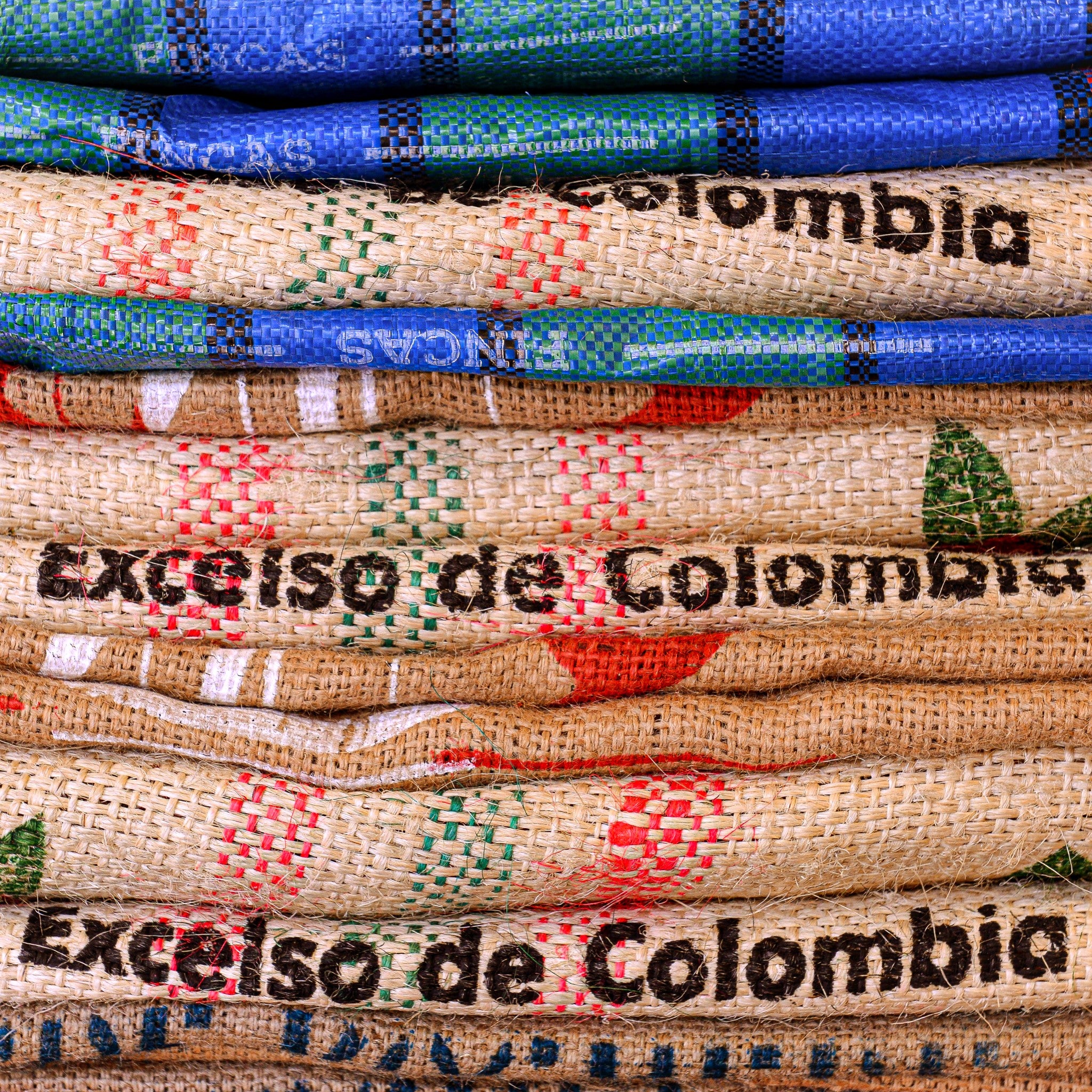
OUR IMPORT PARTNERS
About a third of the green coffee that we buy we source through speciality coffee import companies. We take care to only import our beans through trusted, purpose driven import partners who are as committed to ethical sourcing as we are.

ASSISTED TRADE
More than 65% of our coffee is now sourced through direct or assisted trade. Assisted trade may be a more accurate description than direct trade as we work with a local country partner (producer, co-operative or exporter) to source our coffee direct from our chosen farm. Additionally, 49% of all the coffee we roasted in 2022 was from women-owned farms and producers.
We are committed to paying farmers a significant premium above the C price for all our assisted trade green coffee farms. The coffee producing Foresti family from the Sul de Minas region of Brazil are a great example of our assisted trade sourcing approach. In 2019 we made a long-term commitment to buy coffee from the Foresti’s family farm, Fazenda do Lobo, as the base for our signature Red Stag seasonal espresso.